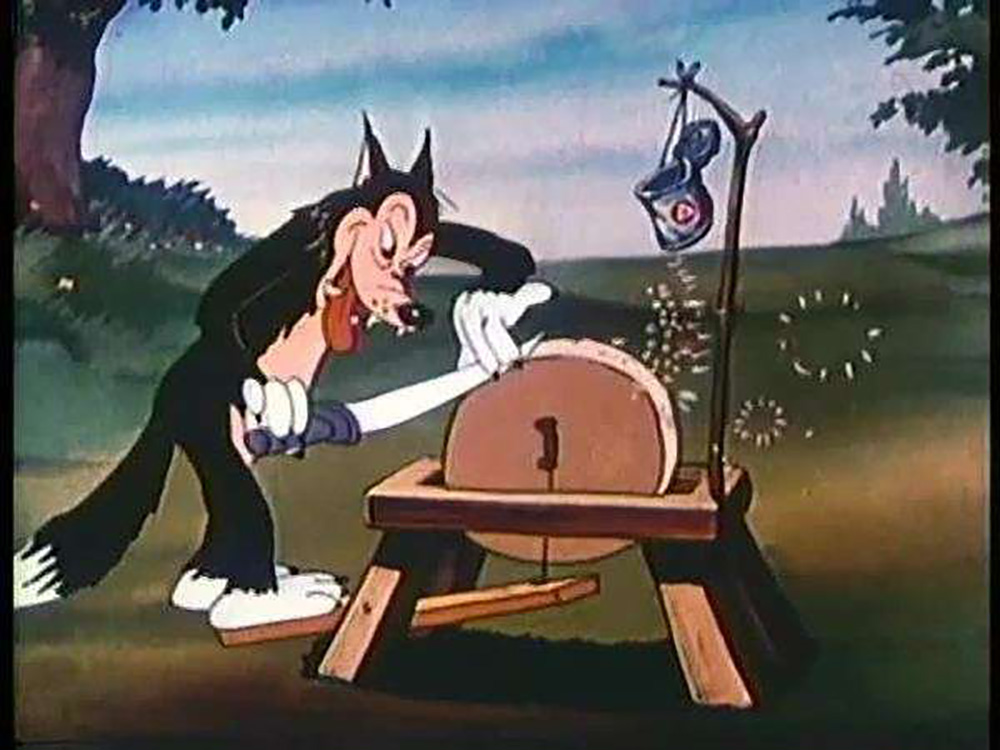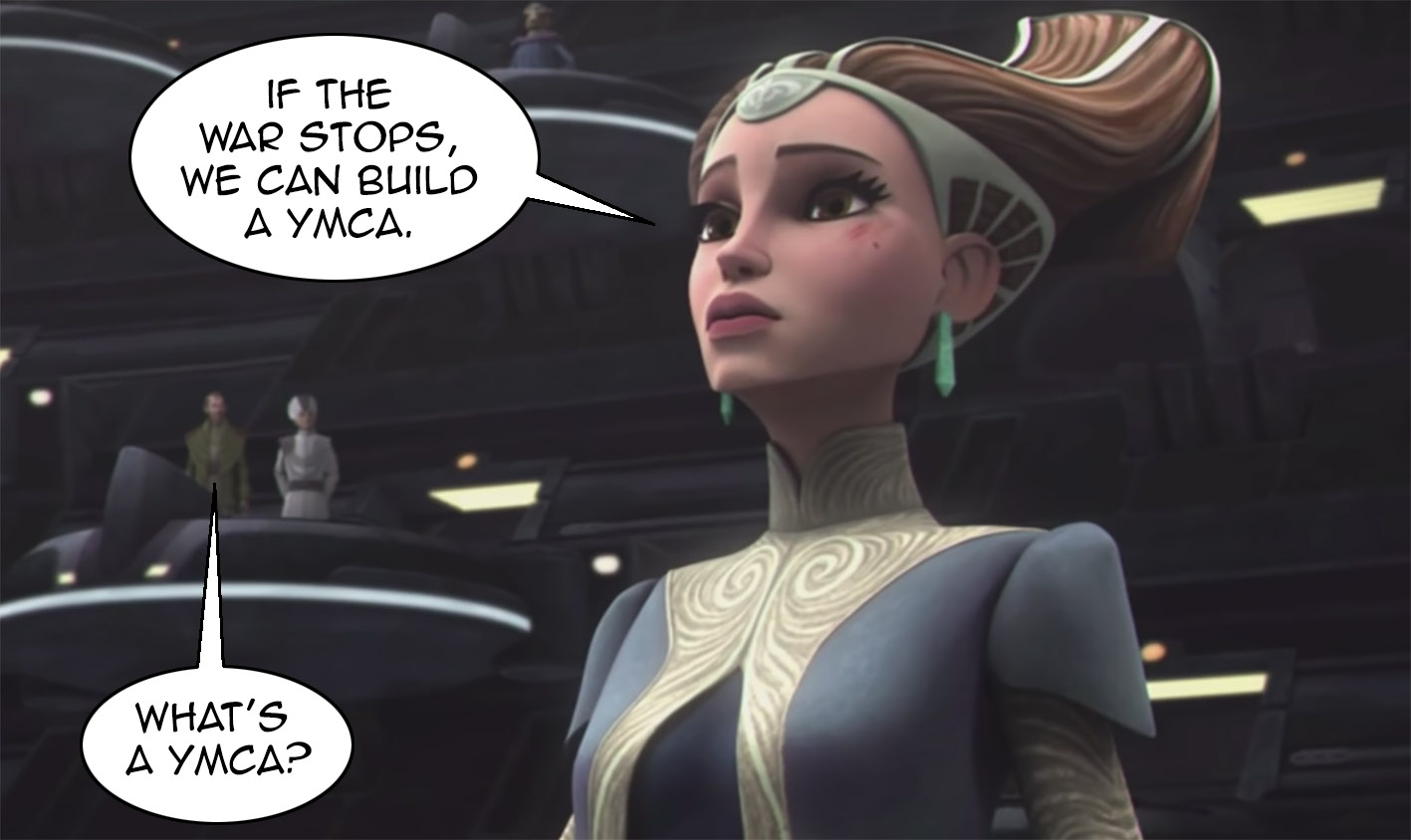
One problem I have with the epilogue of the Harry Potter book series is what happens to Hermione Granger. I think she would have been a fantastic (and probably famous) witch.
I say that because she was a great student.
Dumbledore was a great student.
Tom Riddle [Voldemort] was a great student.
When I saw Lebron James when he was young I knew he was going to be really good when I saw how SERIOUS a STUDENT of the game he was.
And being 6’8’ and 240 didn’t hurt either…
Keep in mind when I say study I’m not talking about merely reading or watching videos. Lots of people do that. Studying is reading/watching, applying, and taking account of your results.
And doing this on purpose.
That’s why copywriters that I respect like Gary Bencivenga said 40% of his day is research. Ken McCarthy gave a similar ratio, and so did Eugene Schwartz.
Like these greats did, STUDY your craft.
STUDY your customers.
STUDY your marketplace.
It’s like the famous Abraham Lincoln quote. “If I only had an hour to chop down a tree, I would spend the first 45 minutes sharpening my axe.”
Sharpen your ax.
For free daily tips and insights on how to ‘sharpen your ax, sign up for free at https://adamstreet.net .
Adam



